In this research brief from early 2019, the authors analyze the current legal frameworks for addressing Venezuelan migration in key receiving countries in Latin America. Given the likelihood of continued migratory flows, they highlight key areas for improvements to policies and processes. The brief is based on field research and high-level interviews conducted by the Migration Policy Institute in 2018 and serves as a backdrop for subsequent research on this topic.
Related Posts
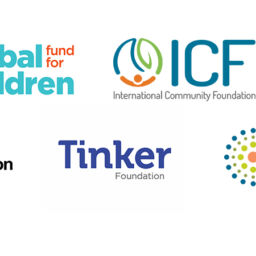
Tinker is pleased to announce its participation in RECARGA, a funder coalition to support public education systems in Central America as they rebound from the COVID-19 pandemic.
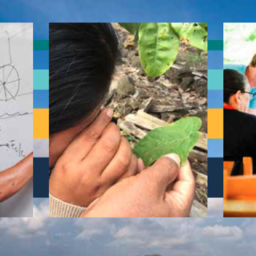
This document provides information on the origins, activities, philosophical underpinnings, and initial progress of the Education for Sustainability in Galapagos Program (ESG).

Most foundations in the United States do not accept unsolicited funding requests. Why does Tinker?

The analysis underscores the need to establish formal pathways for fishing community participation in fisheries management and enforcement.
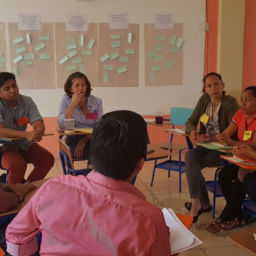
The Population Council partnered with the General Directorate for Alternative Education—DIGEEX—of the Ministry of Education of Guatemala to improve access, quality, and bring secondary education closer to communities.
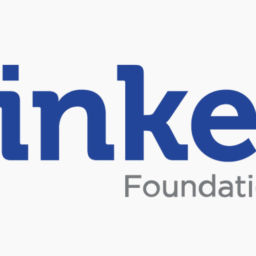
Tinker will operate one grantmaking cycle in 2025 and is accepting LOIs for the following programs: Democratic Governance, Education, and Sustainable Resource Management.
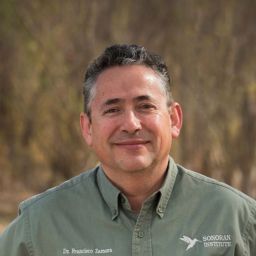
Dr. Francisco Zamora Arroyo, Director Senior de Programas, cuenta como la organización binacional Sonoran Institute ha respondido a los desafíos de la pandemia y fortalecido la capacidad de resiliencia de su equipo.
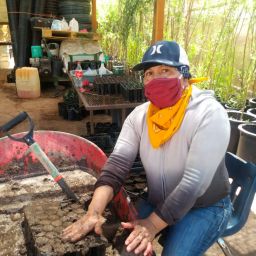
We asked three Tinker grantees – Organization for Youth Empowerment (OYE), the Sonoran
Institute in Mexico, and Women’s Justice Initiative – how they have responded to the pandemic.

This post was first published in Philanthropy News Digest in July. (Photo by Kelli Tungay on Unsplash)

As the global coronavirus pandemic takes hold in Latin America, civil society organizations are stepping forward with speed and resourcefulness.
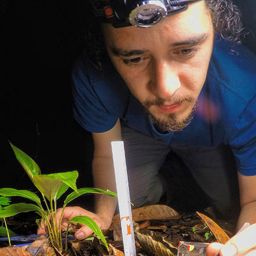
The Foundation is delighted to announce the launch of the Tinker Field Research Collaborative in partnership with 15 U.S. universities.
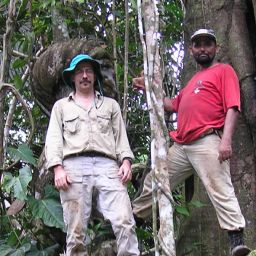
The director of the New York Botanical Garden’s Institute of Systematic Botany recounts the challenge of protecting critical Amazon forests amid a pandemic and an alarming spike in deforestation.
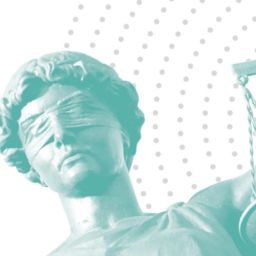
This project led by Espacio Público encompassed a study of major corruption cases in four countries –
Argentina, Brazil, Chile, and Guatemala – to identify factors that enable effective administration of justice, as well as recommendations for each country and the region.
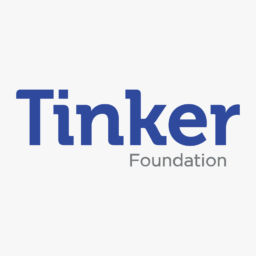
Learn more about the launch of our new website.
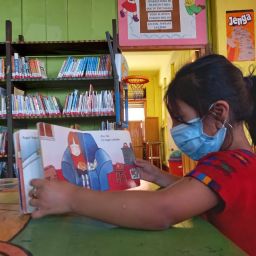
The Tinker Foundation announces 11 new grants that demonstrate its commitment to educational equity during the pandemic.